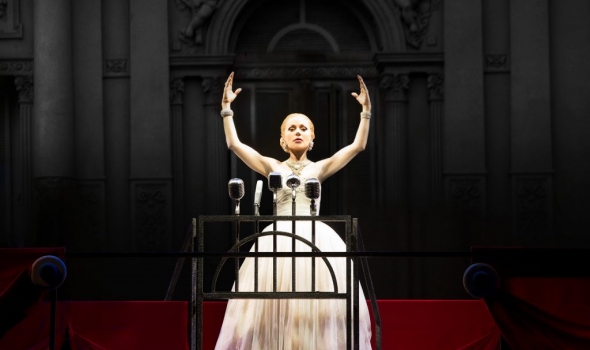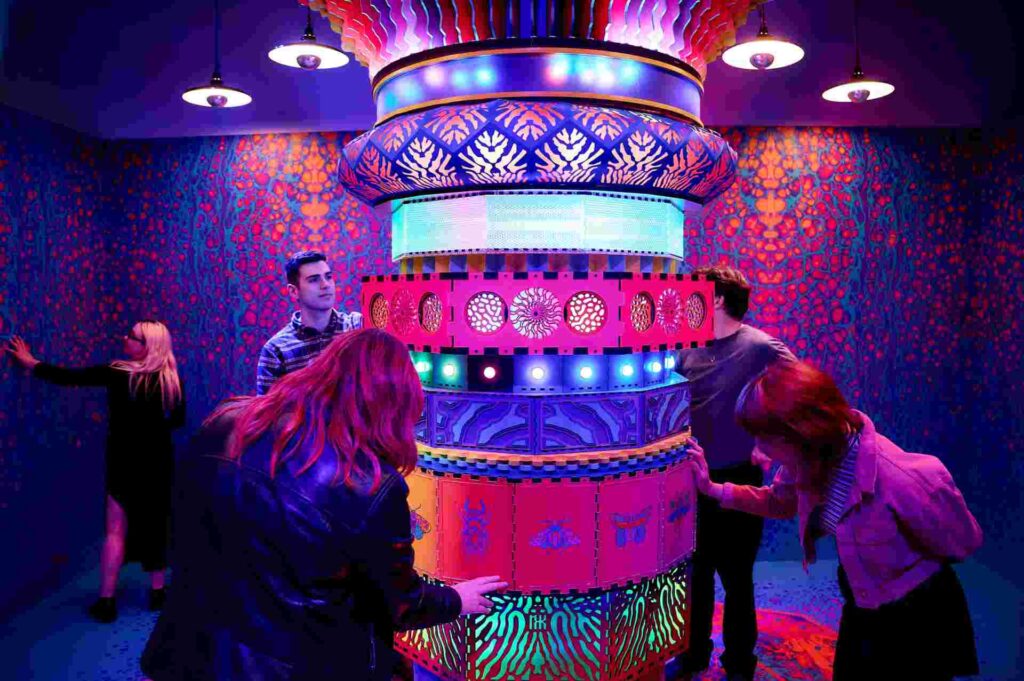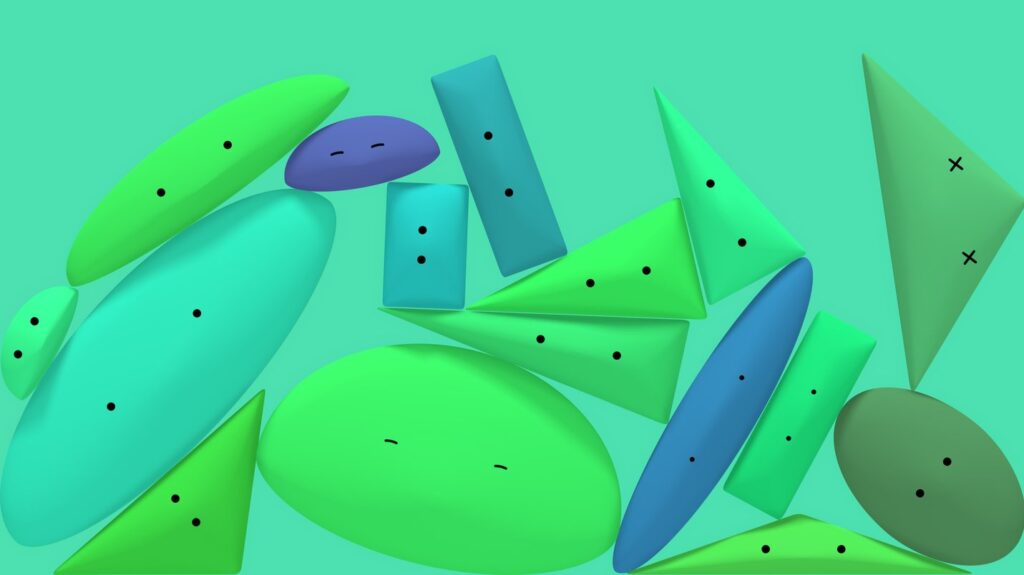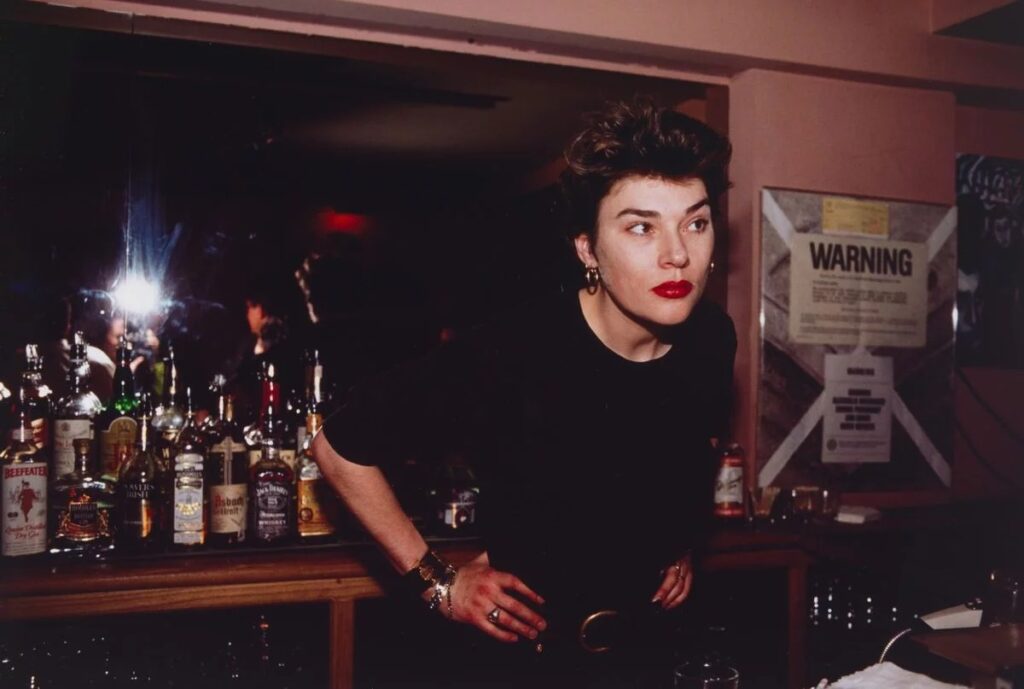Politics is tricky business, particularly if you’re a woman in the mid-20th century. In light of this, Harold Prince’s Australian production of Evita does an admirable job at recounting the trials and tribulations of one of the most prominent (and untitled) female political leaders in recent history.
Andrew Lloyd Webber and Tim Rice bring to life the story of Eva Peron, the former first lady of Argentina and champion of the Peronist movement in the 40s and 50s. Eva’s rags to riches story has seen the musical reach its 40th anniversary this year, possibly because the political lessons hold true to this day.
In a way, this chapter in Argentina’s history has repeated itself elsewhere. A figure rises up, powered by a populist following, only to enact little change and disappoint their constituents. It demonstrates how a politician may only go as far as their initial charisma lets them.
Before her claim to fame unfolds, we see the first steps in Eva’s career as an actress. Aussie pop icon Tina Arena makes the protagonist’s vocal lines seem like child’s play. Like the character herself, Eva’s phrases are energetic, switching from diatonic runs to melodic bounds at any given moment. With Arena, each split-second note is given equal respect.
Then the time came for ‘Don’t Cry for Me Argentina’. How do you make a song your own when it’s been performed thousands of times before? For Arena, it meant not submitting to the conductor’s direction, loosely drifting across the orchestral backing underneath. She knew it was what the crowd had been waiting for, and decided to adopt a pop timbre to stand out.
The musical backgrounds of the cast were clear from their performances. Paulo Szot (Juan Peron), an operatic baritone, captured the brevity of a man torn between political leadership and a military coup — albeit with a bit too much vibrato. Kurt Kansley’s theatrical interpretation of Che shone through in the second half, striking the perfect balance between singing and disillusioned commentary. Michael Falzon made easy, comical work of Magaldi and Alexis van Maanen’s portrayal as Peron’s mistress was short but sweet.
It is also worth noting the stunning costume design featured during Eva’s transition from gloom to glam. At the height of her power, she is dressed in a regal white gown. As her life fades due to cancer, so does the vitality in her outfit, eventually being draped in a spiritless navy fabric. Real-life footage of Eva herself and the Argentinian cities is broadcast on a large screen to the audience, a clever decision that only highlights the power the Perons were able to summon in their prime.
Arena empathically depicted the life of a politician who promised the world without living in it herself. In a bittersweet way, this is a story that has as much relevance now as it did 40 years ago.







